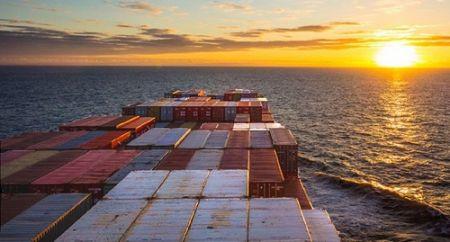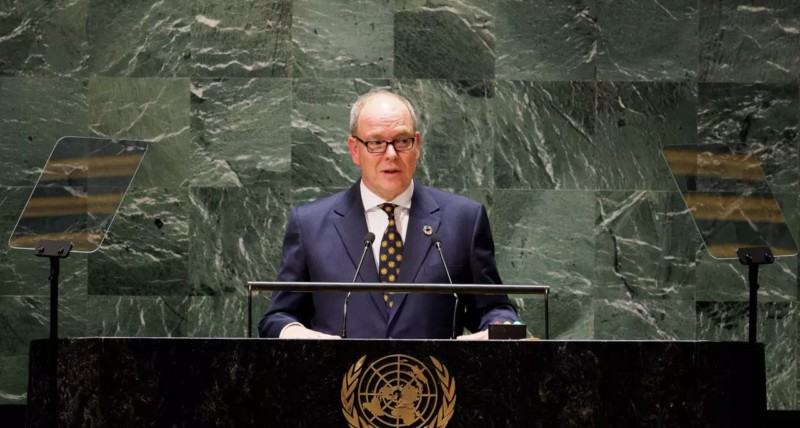(Ecofin Agency) – Conflicts in the Red Sea are causing a decline in traffic through the Suez Canal in favor of the ports at the Cape of Good Hope. Ship traffic along this maritime route south of Africa has increased by 89% as of mid-2024.
By mid-2024, shipments via the Cape of Good Hope (south of Africa) had risen by 89%, according to a UNCTAD report, which states that this increase results from the diversion of cargo traveling through the Gulf of Aden and the Suez Canal. These routes have seen decreases of 76% and 70%, respectively, from the end of 2023 to the end of June 2024.
While the situation benefits some ports on the East Coast of Africa along the Indian Ocean, it adversely affects those on the West and North coasts of the continent. Beyond the revenue losses for the Suez Canal, which has seen its income collapse by 60% from January to July 2024 according to the SCA, its management body, complications in terms of costs, delivery delays, and carbon taxes are multiplying and impacting the global supply chain.
In addition to the 12-day increase in transit time due to the detour taken by ships, freight rates have surged by over 100% on certain routes. For example, on the SCFI Shanghai – West Africa route, the average rate has risen by 137% since January, reaching $5,563 in July 2024, the highest level since August 2022, according to UNCTAD.
Carbon taxes on routes to Europe have also increased. A shipment made by a large container ship with a capacity of 20,000 to 24,000 TEUs on the East Asia-Europe route incurs an additional $400,000 in costs under the EU Emissions Trading System (ETS). These extra taxes will affect the cost price of products, which partly explains the increase in prices on the market and the rise in inflation.
Source: agenceecofin




